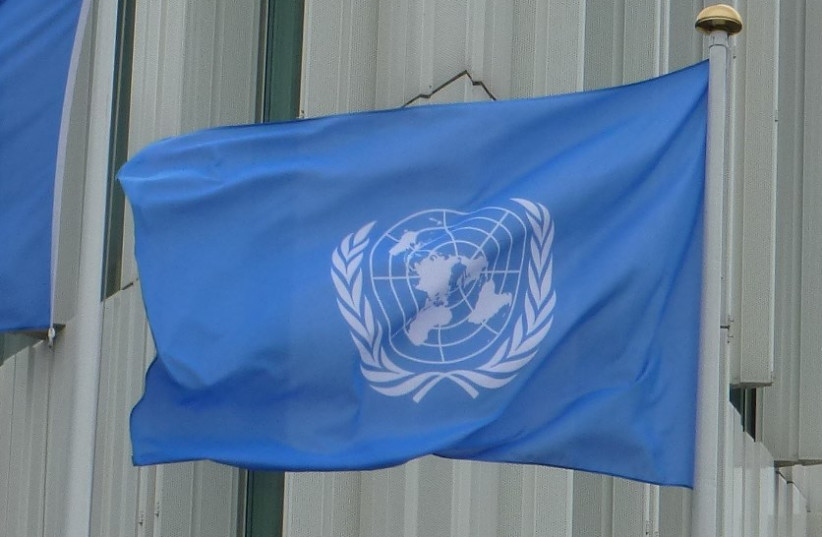The United States and rights groups complained on Thursday that it was "insulting" to allow Iran's envoy to chair a UN human rights council meeting in Geneva, citing violations by Iranian authorities, especially those against women.
A UN-appointed rights expert alleges incidents committed by the Islamic Republic during a crackdown on protests since last year may amount to crimes against humanity.
Iran rejects allegations of discrimination against women.
Lack of options in UN chair selection?
Iran's ambassador to the UN in Geneva Ali Bahreini was named the chair of the two-day meeting because he was the only person nominated, following a submission from the Asia-Pacific group, a UN rights council spokesperson told Reuters.
Washington's envoy to the 47-member council Michèle Taylor boycotted the meeting, calling the appointment an "affront to the collective conscience of the global community."

"Any discussion led by representatives of a regime that continually, and with impunity, infringes upon its own citizens’ human rights is not just fruitless, but an insult to our shared ideals," she added.
The United States and its Western allies have stepped up pressure on Iran's Shi'ite Muslim clerical rulers over Tehran's crackdown on protests triggered by the death in police custody of a young woman last year. The establishment violently ended the protests, accusing its foreign foes of igniting the months-long protests to weaken the Islamic Republic.
The two-day meeting called the "social forum" is an annual meeting that aims to improve dialog between governments and civil society groups, with this year's theme devoted to technology and human rights.
In an apparent swipe at Western sanctions on Iran, Bahreini opened the session by referring to "colonial policies" that he said deprive countries of revenues and hinder technology transfers and knowledge sharing.
Thursday's session was poorly attended and many seats were left empty although Reuters could not determine how many were actively joining the boycott. Several countries with good relations with Iran spoke at the session including China, Cuba and Venezuela.
Farideh Karimi, an Iranian woman who is president of Women's Human Rights International Association, said her organization wrote to democratic countries asking them not to attend. "It's really an insult that he was appointed. This is a regime that is against women," she told Reuters.
Some non-governmental organizations took part, with Justice for Iran criticizing Iran's ban on US and UK COVID-19 vaccines.
